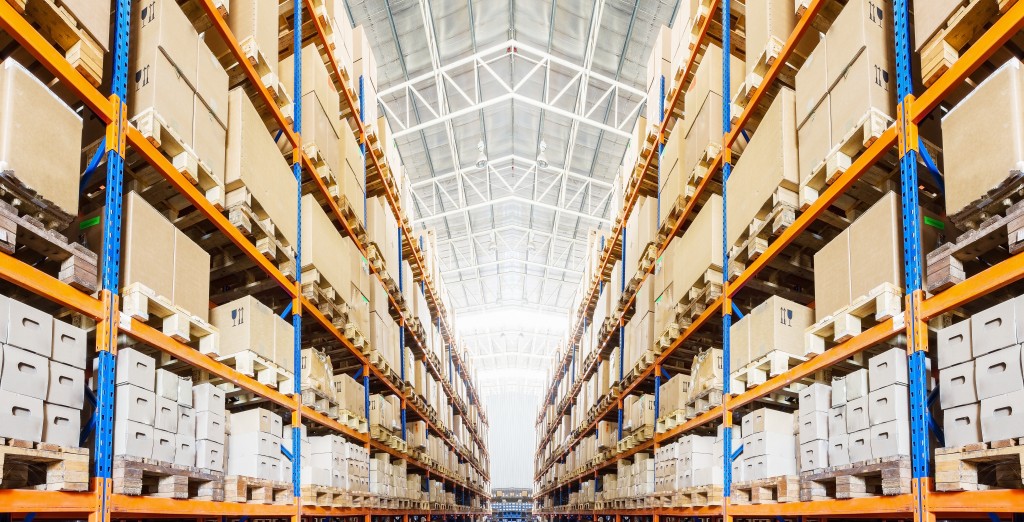A warehouse business gives small businesses a safe and secure place to store their inventory. The rise of e-commerce, of business owners without a physical space for their products, also raised the need for warehouse spaces for lease. Renting warehouse storage services allows e-commerce sites to provide an end-to-end fulfillment for their customers’ orders without spending too much on their physical facilities.
A warehouse business is more than just providing storage solutions. Warehouses also offer the following services on top of storage:
- Management of inventory
- Administration of account
- 24/7 Security
- Delivery of goods and tracking
Are you planning on venturing to invest in a small warehouse business? From choosing a niche to buying secondhand racking, here are some things that you must do.
1. Pick a niche.
Running a warehouse is more than just taking in the products of your clients and mindlessly placing them on your racks. Pick the type of product that you are familiar with or want to focus on. You must know how your products should be stored properly to keep them fresh and safe.
2. Research about the industry.
Before you dive into the warehouse business sector, research about how it is done. Start with your competition. How do they operate? What are the best practices in the industry? You can take notes on how they became successful, and you can apply some of their principles on how you will run and operate your warehouse.
3. Identify your target customers.
From identifying your niches, identify your customers. Do you want to help small online business owners? What do they sell, and how big is their inventory? What are the other services that they need?
4. Determine the warehouse-type and size.
Once you have identified your niche and target customers, you can now determine the size of your warehouse. You choose to operate a distribution warehouse, public warehouse, or a climate-controlled warehouse.
A distribution warehouse stores ready-to-sell goods. Aside from storage, a distribution warehouse is responsible for the shipping of goods. It is built for a hassle-free inbound and outbound movement of goods. An effective distribution warehouse allows for easy tracking of the inventory and location of the products in the warehouse.
A public warehouse is much cheaper than a distribution warehouse. It does not come with product-specific requirements such as temperature or climate control, inventory management, and packing and distribution of the products. Public warehouses are the perfect option for short-term storage needs.
A climate-controlled warehouse has equipment that maintains the humidity and temperature of the facility per the requirement of the client. They are the ideal choice for perishable goods and items, temperature-sensitive electronics, paper products, fabrics, and furniture. By keeping the interiors within typical levels of humidity, you reduce the risks for mold growth, keeping the inventory safe.

5. Look for a real estate property.
Now that you know the type and size of your warehouse, it’s time to look for the perfect property. You can seek the help of a realtor to look for the property that fits your needs. It is wise to choose a property near the business district to make deliveries easier and faster.
6. Look for your financing options.
If you have the resources to fund your new business, then all is well. However, if you don’t, you can apply for loan products that are specially made for small businesses. When applying for loans, remember that you will need to have a business plan ready.
7. Invest in your racking and equipment.
Most of your investment will most likely go to your shelving units, racks, forklifts, crates, and storage. You should also invest in inventory software that will help you track the items in your warehouse. If your services include delivery and distribution, you can invest in your trucks or partner with a local truck rental.
To make the most of your money, you can invest in high-quality equipment.
8. Hire employees.
The right employees can make your job and operation smoother. However, looking for qualified warehouse workers can be difficult because chances are, they might already be working for other warehouse companies. Make use of your network and ask for referrals. Use social media and online hiring platforms. Here are the positions that you should fill for your warehouse team:
- Distribution Manager
- Inventory Control Manager
- Warehouse Manager
- Forklift Operator
- Machine Operator
- Materials Handler
- Warehouse Personnel
- Warehouse Associates
- Warehouse Workers
- Warehouse Packers
- Truck Drivers
- Delivery Workers
Depending on your niche and operations, you need more employees with specializations.
Setting up your warehouse business can be challenging. But with the right research and diligence, you can start a successful business that you can even grow or expand later on.



